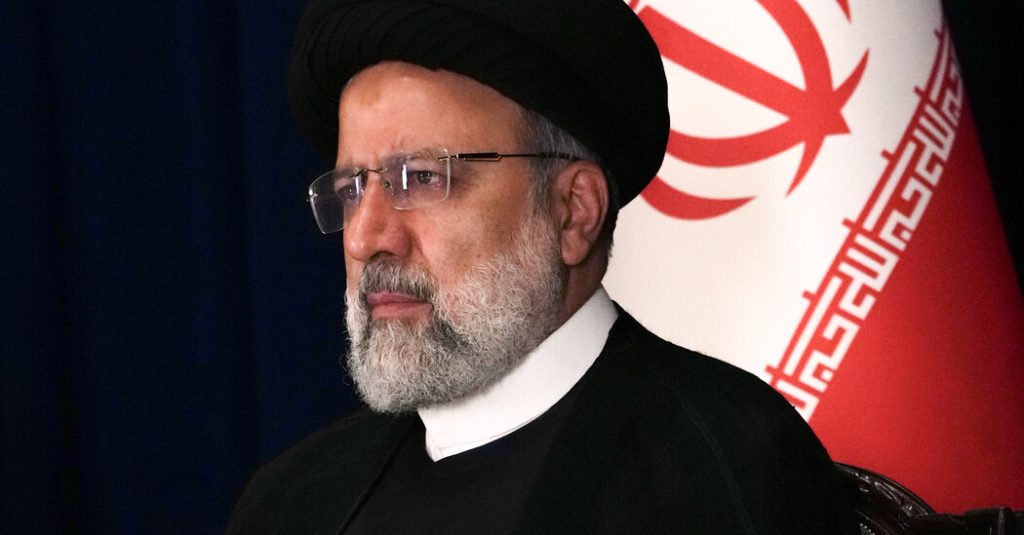Ebrahim Raisi, the president of Iran and a top contender to succeed the nation’s supreme leader, died in a helicopter crash at the age of 63. A conservative Shiite Muslim cleric, he was known for his role in crackdowns on opponents of the Islamic Republic and was seen as a loyal enforcer of Ayatollah Ali Khamenei’s policies. His presidency was shaped by a nationwide uprising in 2022 and the ongoing conflict with Israel, which saw a shift towards more engagement with Russia and China and away from the West.
Born in Mashhad to a family of clerics, Raisi participated in the 1979 Islamic revolution as a young man and rose steadily through the ranks of Iranian politics. Seen as a potential successor to Ayatollah Khamenei, his death has implications for the future leadership of Iran and the selection of the next supreme leader. Described as an ideologue who worked within the system, Raisi was known for his loyalty to the regime and facilitation of the growing power of the Islamic Revolutionary Guard Corps.
During his presidency, Raisi endorsed policies aimed at increasing Iran’s regional influence and maintaining leverage over the West, including the advancement of the country’s nuclear program. He faced criticism for his role in brutal crackdowns on dissent, including the 2019 demonstrations that resulted in the deaths of hundreds of protesters. Raisi campaigned as an anticorruption candidate but was condemned by government opponents and international human rights groups for his past involvement in the execution of political dissidents.
Internationally, Raisi sought to forge closer ties with Russia and China while pivoting away from the West, following the collapse of the nuclear deal under the Trump administration. One of his key achievements was the restoration of diplomatic relations with Saudi Arabia, a historic rival. His presidency saw economic struggles, high unemployment, and increased political repression, leading to widespread discontent among the Iranian population.
Accusations of human rights abuses and allegations of involvement in past atrocities followed Raisi throughout his career, leading to sanctions imposed by the United States in 2019. Despite efforts to portray Iran as a model of good governance and defender of human rights on the international stage, Raisi faced scrutiny over his actions and decisions as president. His death leaves a void in the country’s leadership and raises questions about the future direction of Iran’s domestic and foreign policies.
Raisi is survived by his wife and two daughters, and his legacy as a key figure in Iranian politics and society is likely to be a topic of debate and discussion in the years to come. From his early involvement in the Islamic revolution to his tenure as president, Raisi played a significant role in shaping Iran’s trajectory and relationships with other countries. His death marks the end of a chapter in Iran’s history and the beginning of a new phase of uncertainty and change.


